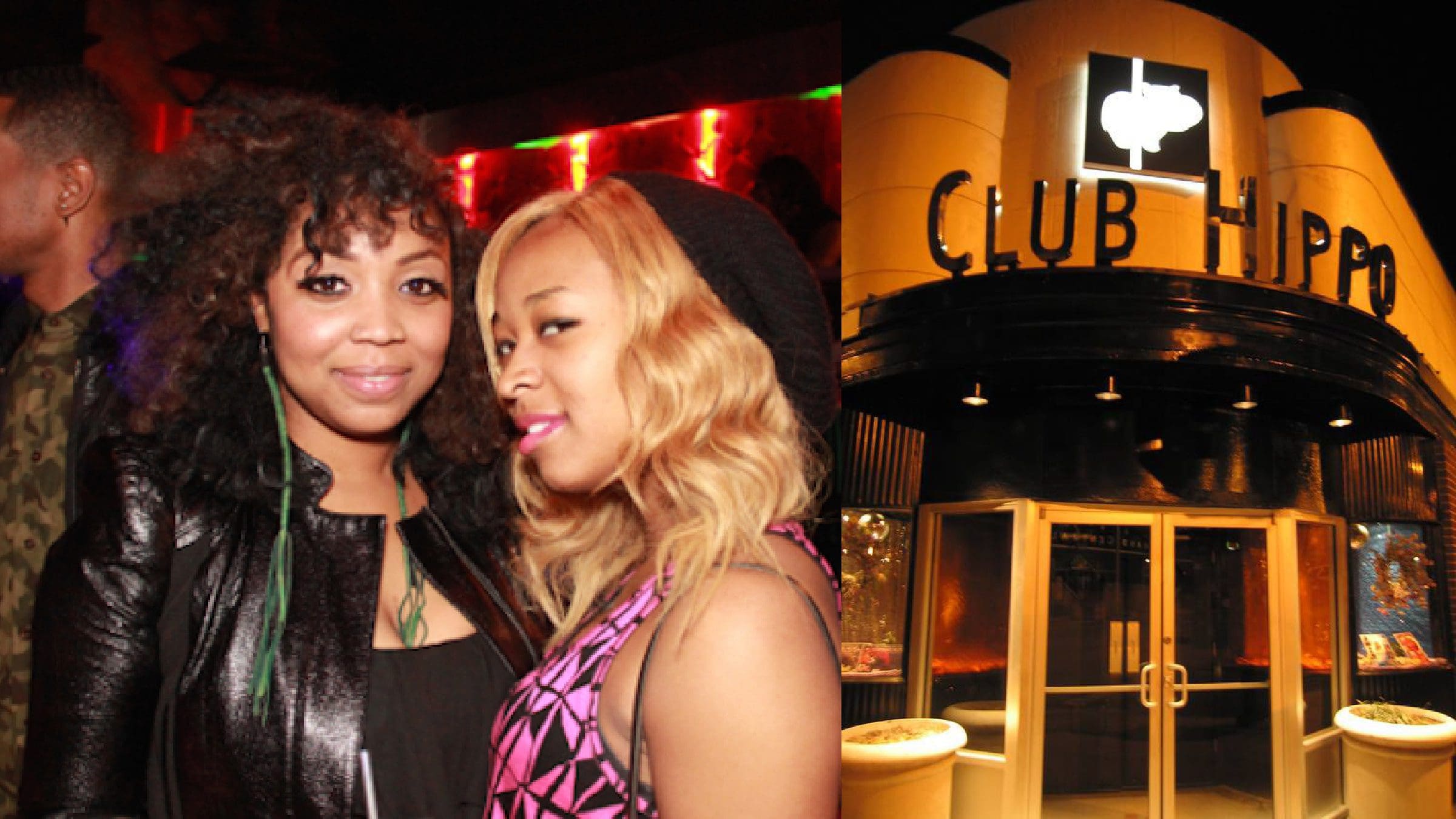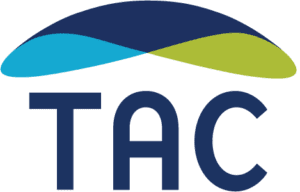The Queer at TAC Affinity Group (QTs) has written these short articles on how the LGBTQIA2S+ population has been impacted by affordable housing, homelessness, services, and other systems in “local scenes” near and dear to the anonymous authors. Read about efforts to house the effervescent elders of Boston and a hippy Baltimore bar serving ampleness and community services since Stonewall. [Photo courtesy of Kyia and Al Watkins.]
Pryde in Hyde Park: Housing the Elder Lights of Boston’s Rainbow
The Pryde in Hyde Park is Boston’s innovative housing solution to meet the mental health needs and desire for community integration among LGBTQ+ elders (62+) — many of whom are not out, are living below the poverty line, or are at risk of homelessness.
Development partners LGBTQ Senior Housing Inc. and Pennrose (both featured in the TAC-facilitated webinar “HIV & Aging Webinar Series: Using Facility-Based Housing to Address Needs“) teamed up to convert the classrooms of a derelict high school into a vibrant affordable housing community, with 74 mixed-income units, optimized for the accessibility and mobility needs of its residents, and have future ambitions to transform the school gym into a public forum for amplifying LGBTQ+ issues at large.
The Pryde, which has been a target of congressional Republicans and local vandals eager to deprive “woke” projects of funding or dignity since the Pryde’s inception in 2015, held its first lottery in February 2024 and will soon admit its first round of residents. While the project would not be possible without federal dollars, the Pryde’s founders hope to achieve self-sufficiency by courting individual donors and philanthropists who share its vision of housing the elder lights of the rainbow.
Baltimore’s Club Hippo: Serving Up Community Since Stonewall
At a time when coming out could mean isolation, loss of income/housing, or violence, Baltimore’s Club Hippo provided a much needed social and support community for queer Baltimoreans.
My partner and I had just moved to Baltimore in 1998, and were looking to connect with other queer folk in the area. Even in solidly liberal Maryland, this was no easy feat, as it was still dangerous to name one’s identity in public. There were no quick internet searches to “find one’s people,” so most queer folk met at the bars they learned about through word of mouth or trial and error. Bars like Club Hippo.
In 1972, just three years after the Stonewall riots, Club Hippo opened in the Mt. Vernon neighborhood of Baltimore. The Hippo was a safe haven for queer folk to meet up and be themselves and had the rare distinction of being wildly popular with all genders and subcultures. People met in the Saloon for a quiet drink, or headed to the dance floor to party until the wee hours of the morning. The owners promoted an “everyone is welcome” atmosphere with a variety of periodic themed entertainment, hosting well known drag artists, an annual Halloween costume party, a Sunday dance party known as Ladies’ Tea, Wednesday night Gay Bingo, and the Mr. Gay Baltimore contest.
But the Hippo was more than just an entertainment venue. Local agencies promoting health and domestic violence services were stationed in the hall between the two sections, providing patrons with trusted resources that would accept queer folk as they were. Bulletin boards by the restrooms helped people find shared housing. With the Hippo as an anchor, the neighborhood of Mt. Vernon was the epicenter of queer culture in Baltimore for four decades. On September 26, 2015, the Hippo made its final Last Call and closed both its doors and an era in Baltimore history.

Source: Tagg Magazine; Club Hippo, Facebook Photo Gallery


